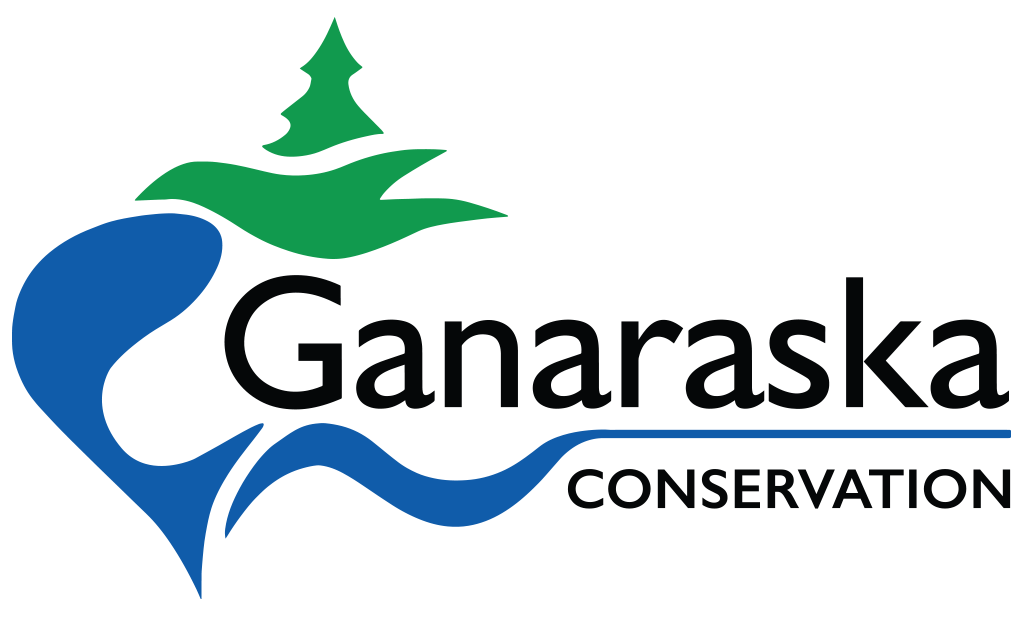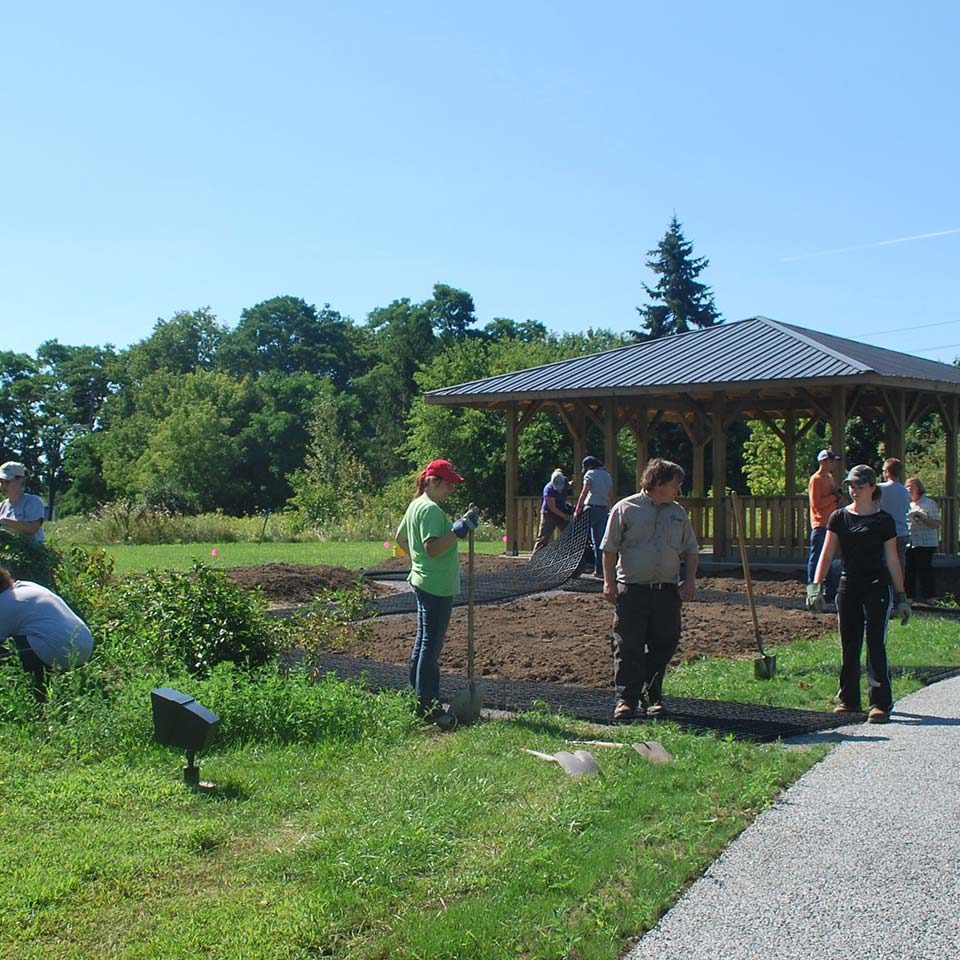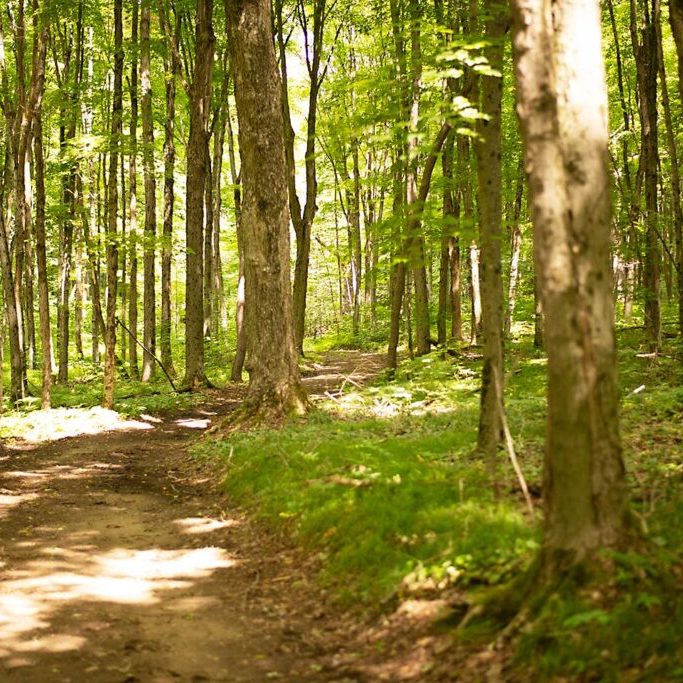
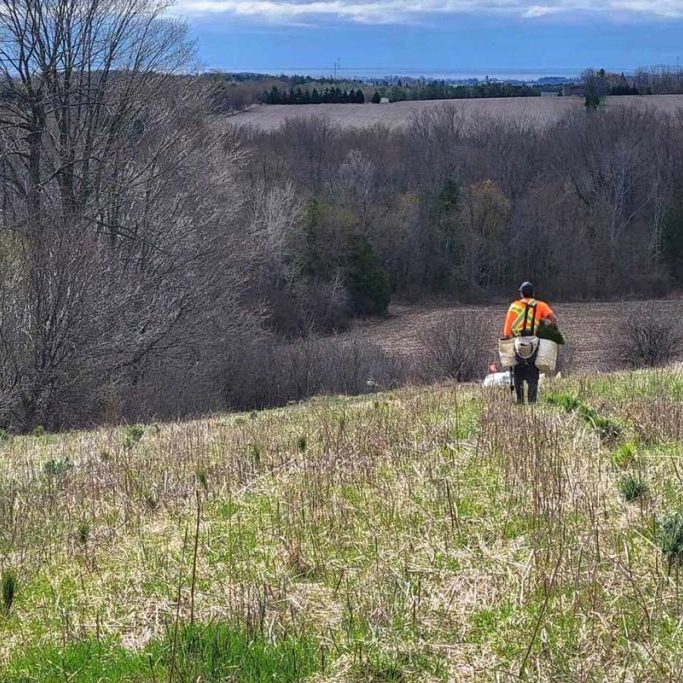
Conserve, Restore or Enhance the Watershed
Financial assistance is available to those who reside, own property or operate within the Municipality of Clarington (within the GRCA), the Municipality of Port Hope, the Township of Hamilton, and the Town of Cobourg. For more information on financial assistance, view our fact sheet.
Do you need technical assistance or financial resources to complete the project?
If so, consider the Clean Water-Healthy Land Financial Assistance Program. GRCA staff can offer environmental technical assistance, tools and information to any resident, business, school or service club within its jurisdiction. Sometimes a helping hand is all that is needed to implement an environmental project.
If you are looking for additional funding opportunities, province-wide funding opportunities may apply to your project idea. Many funding programs can be combined to give you even more cost savings. Please view the Additional Funding section of this page.
Stewardship Library
This is a one-stop shop to learn more about stewardship issues and management techniques.

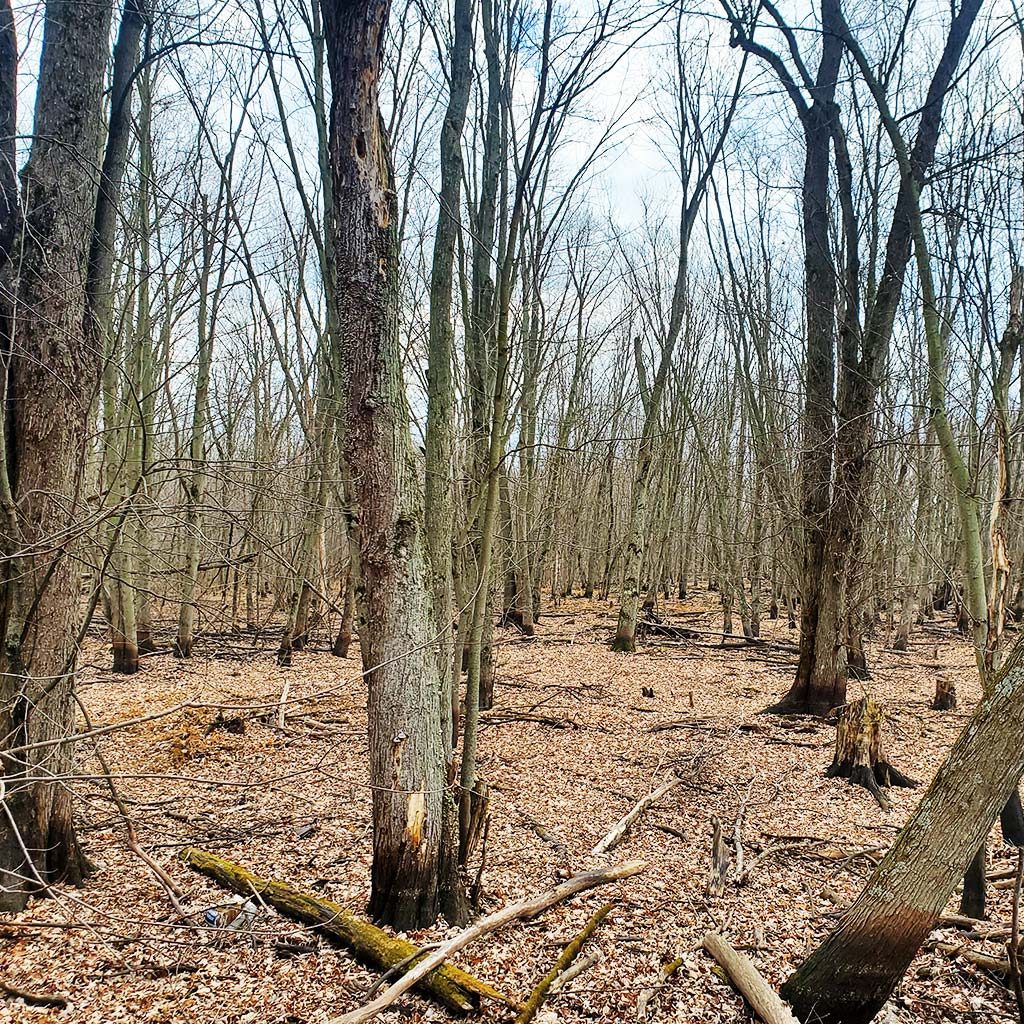
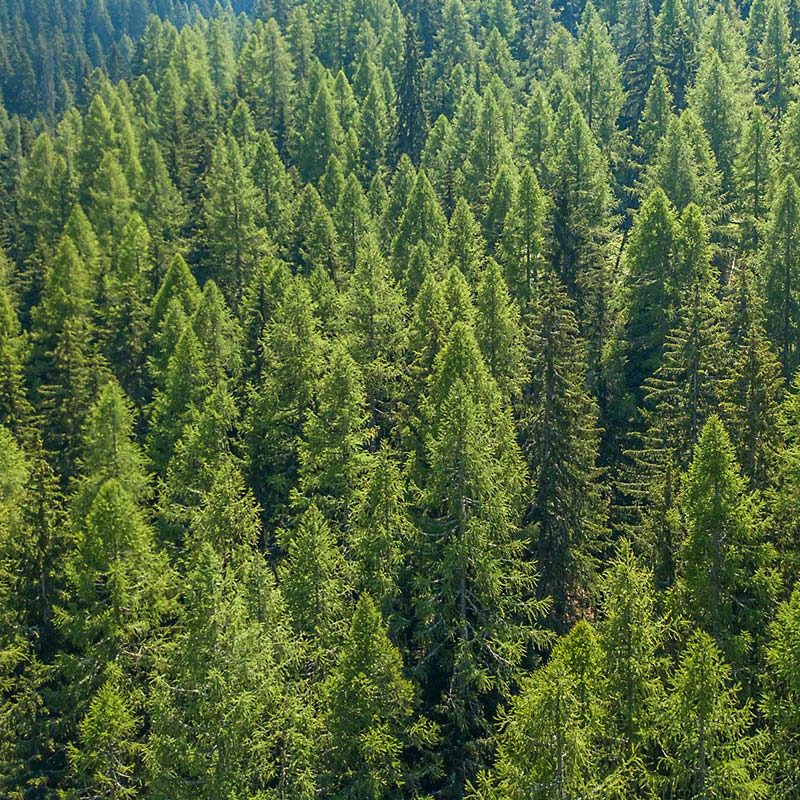
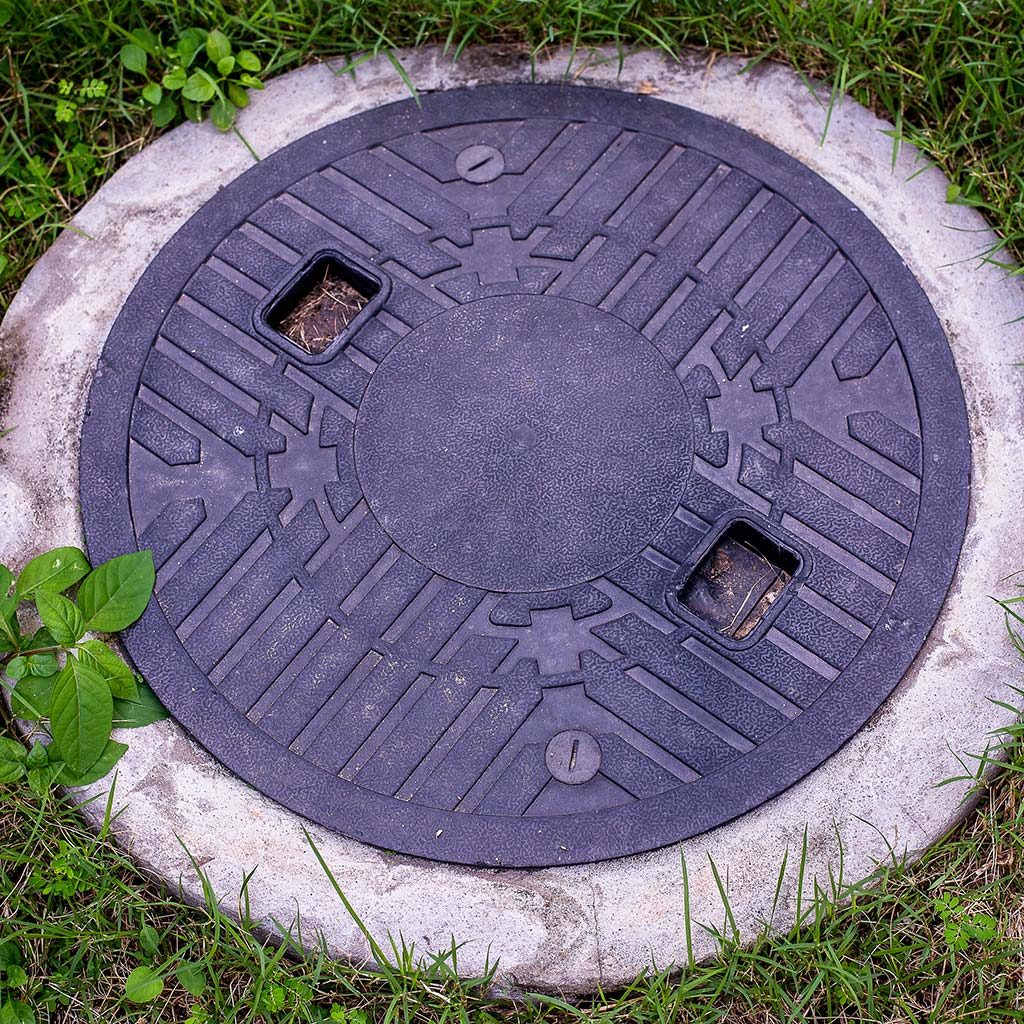
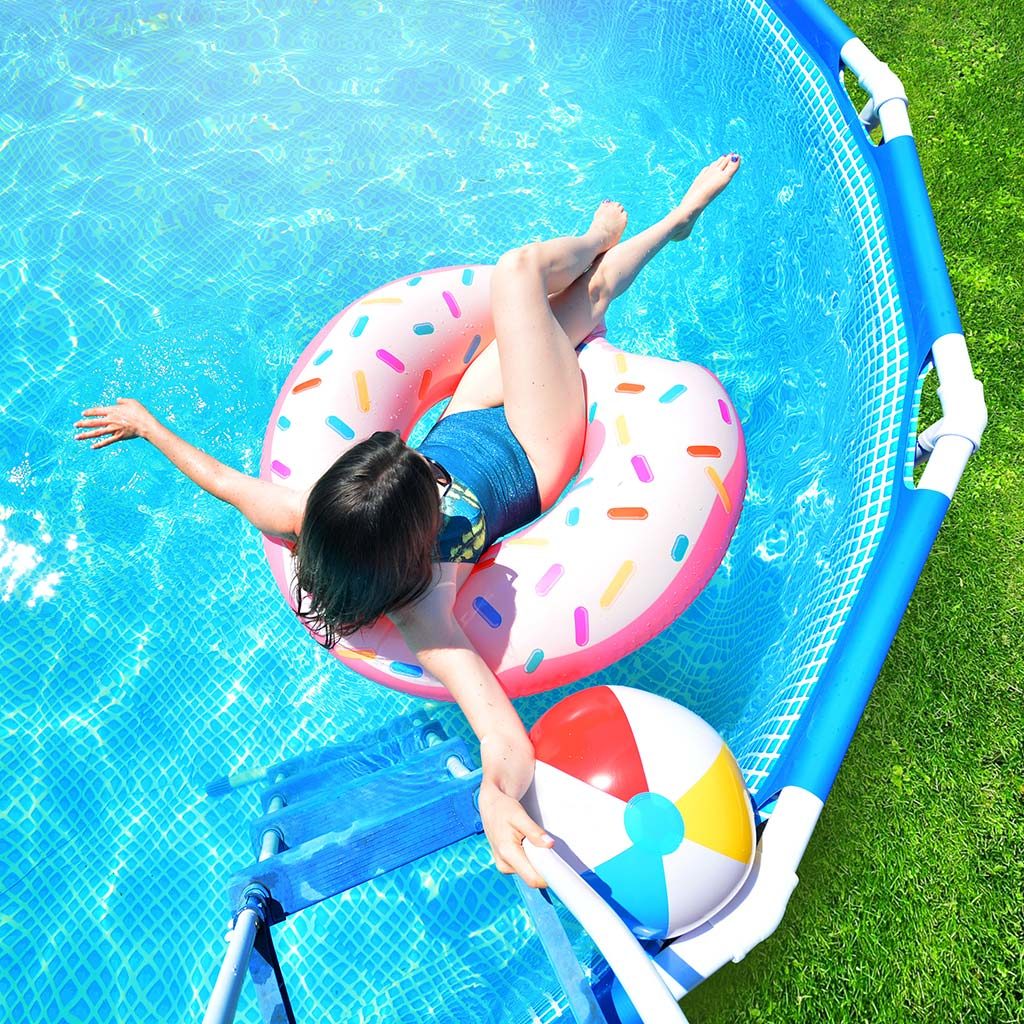
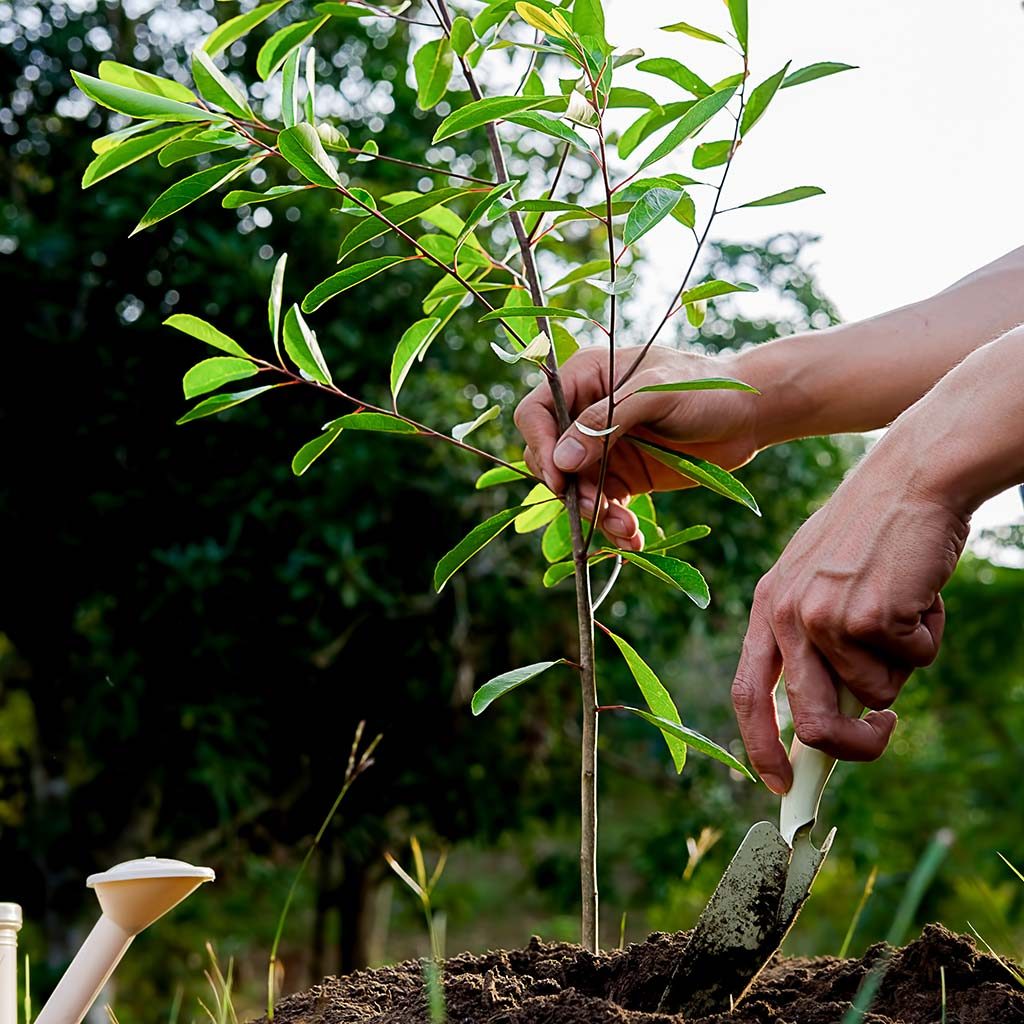
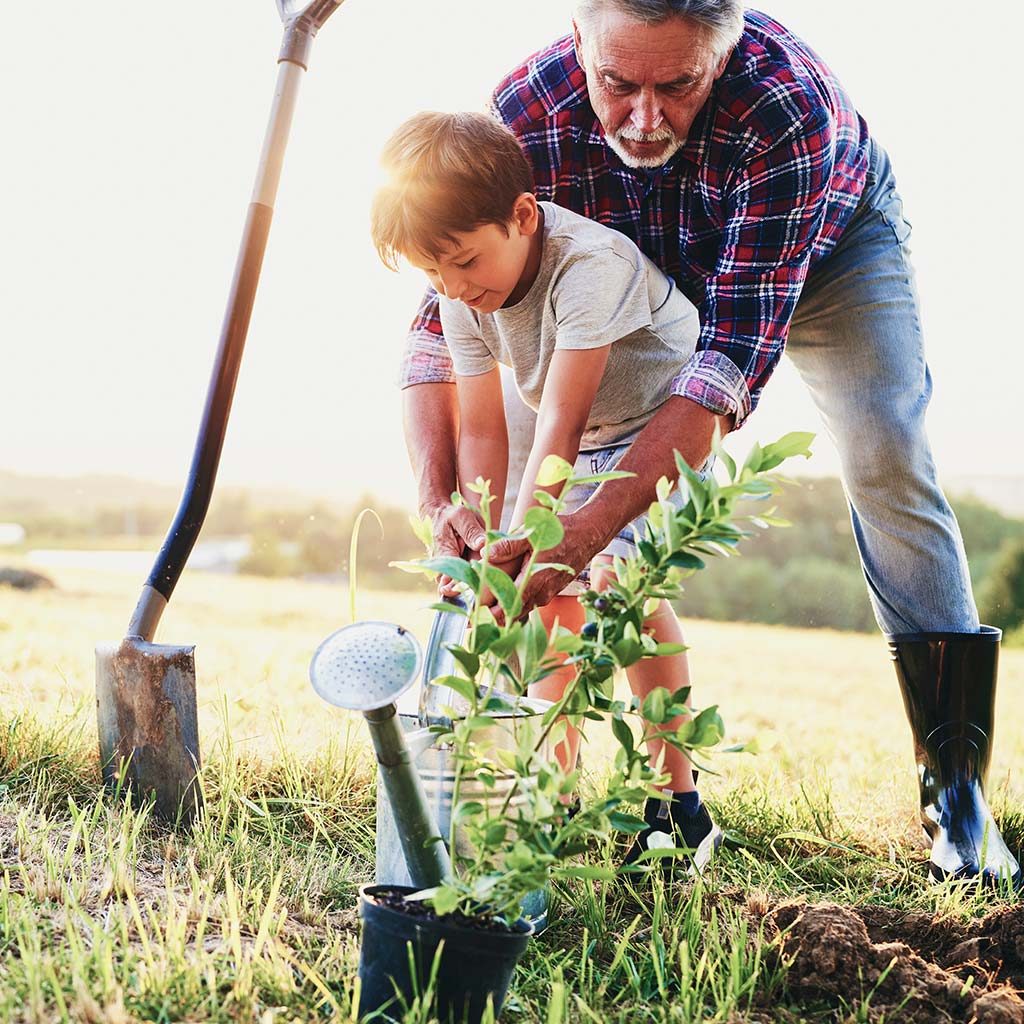
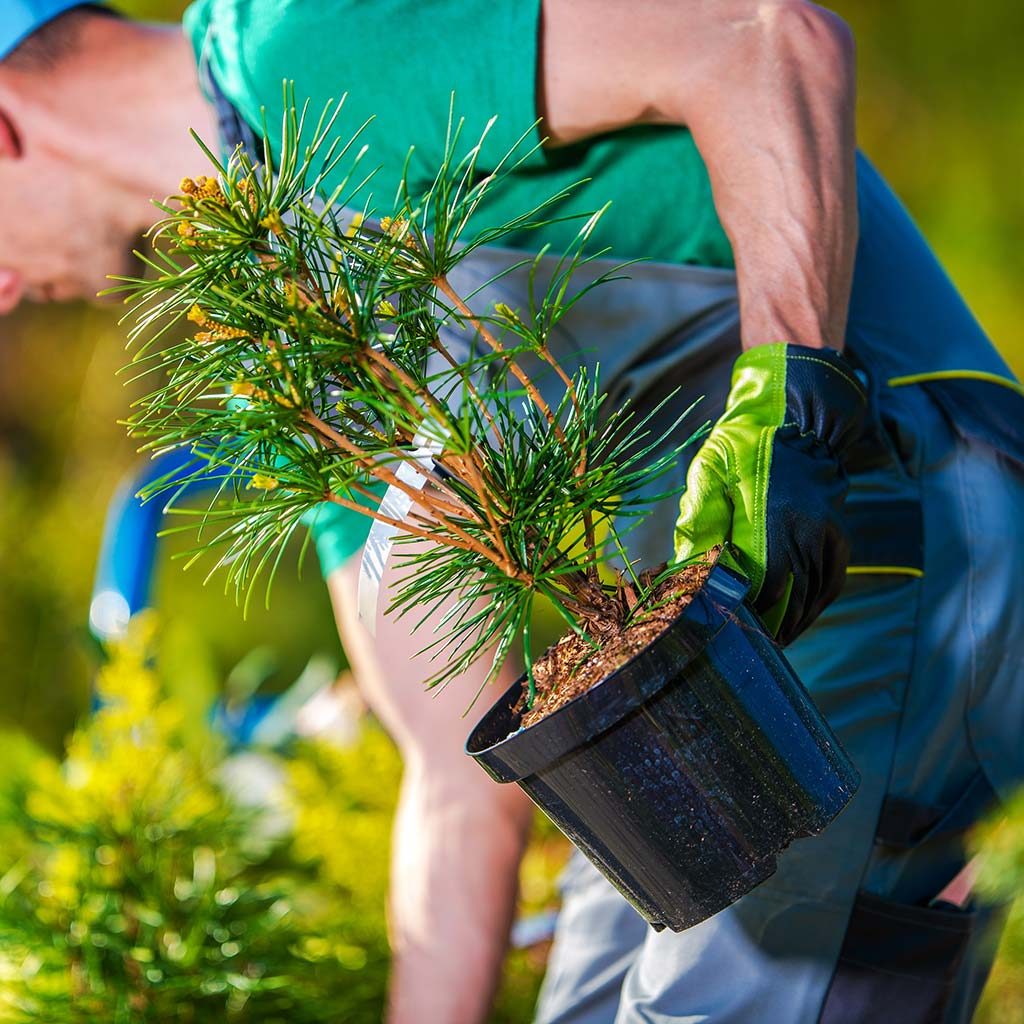
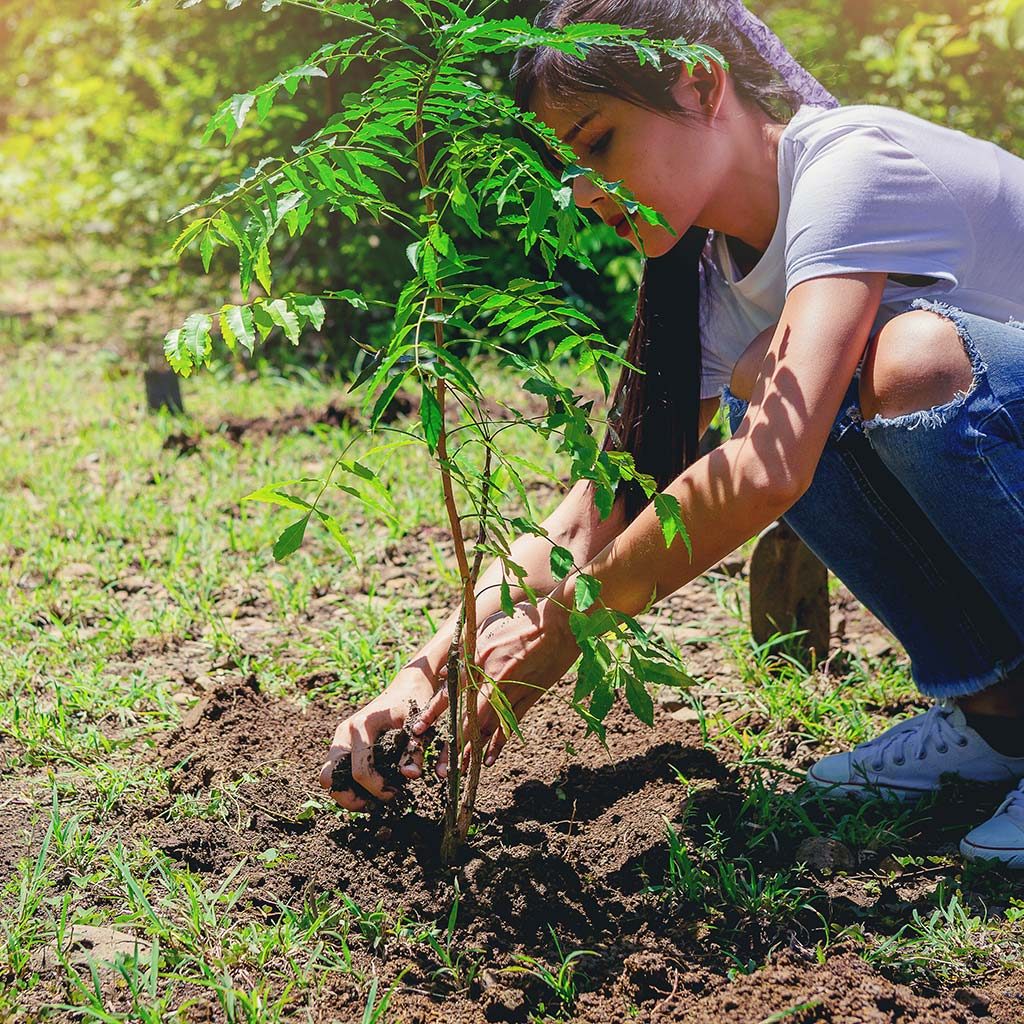
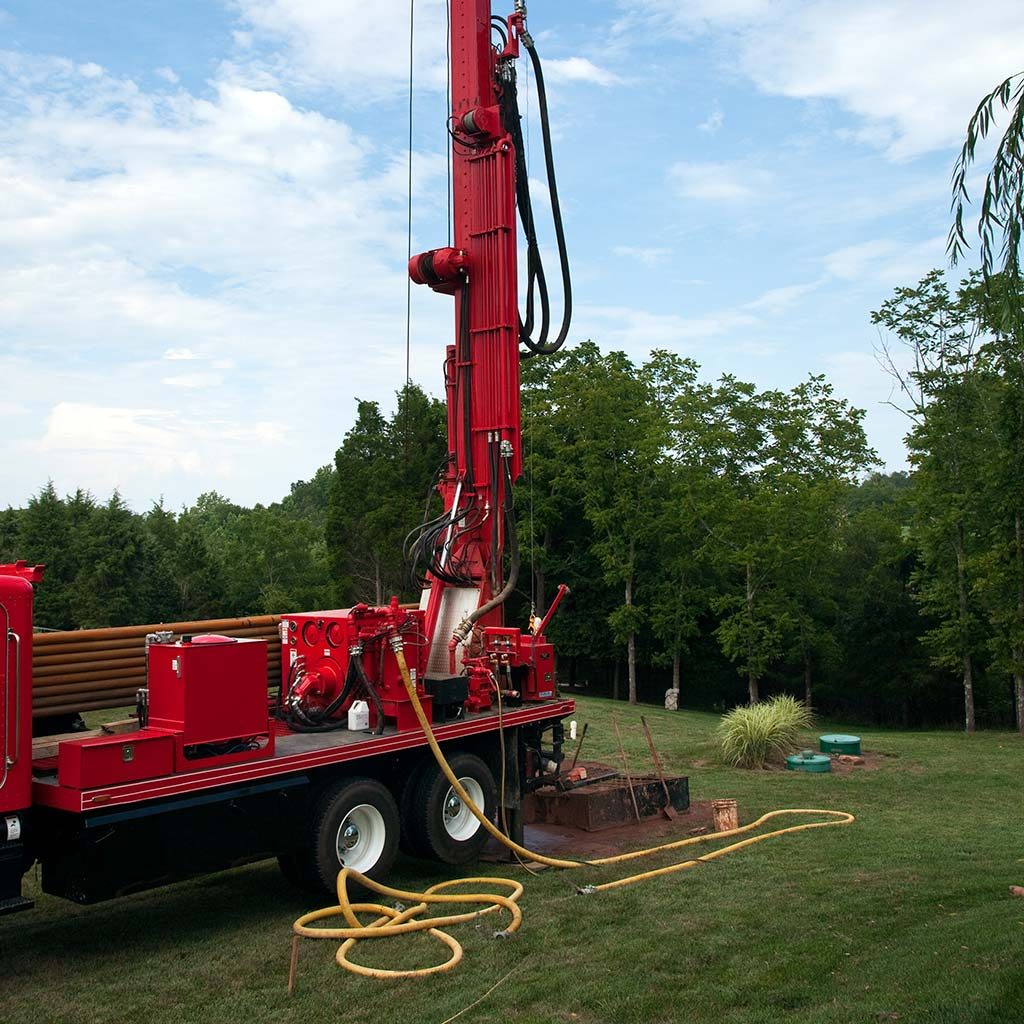
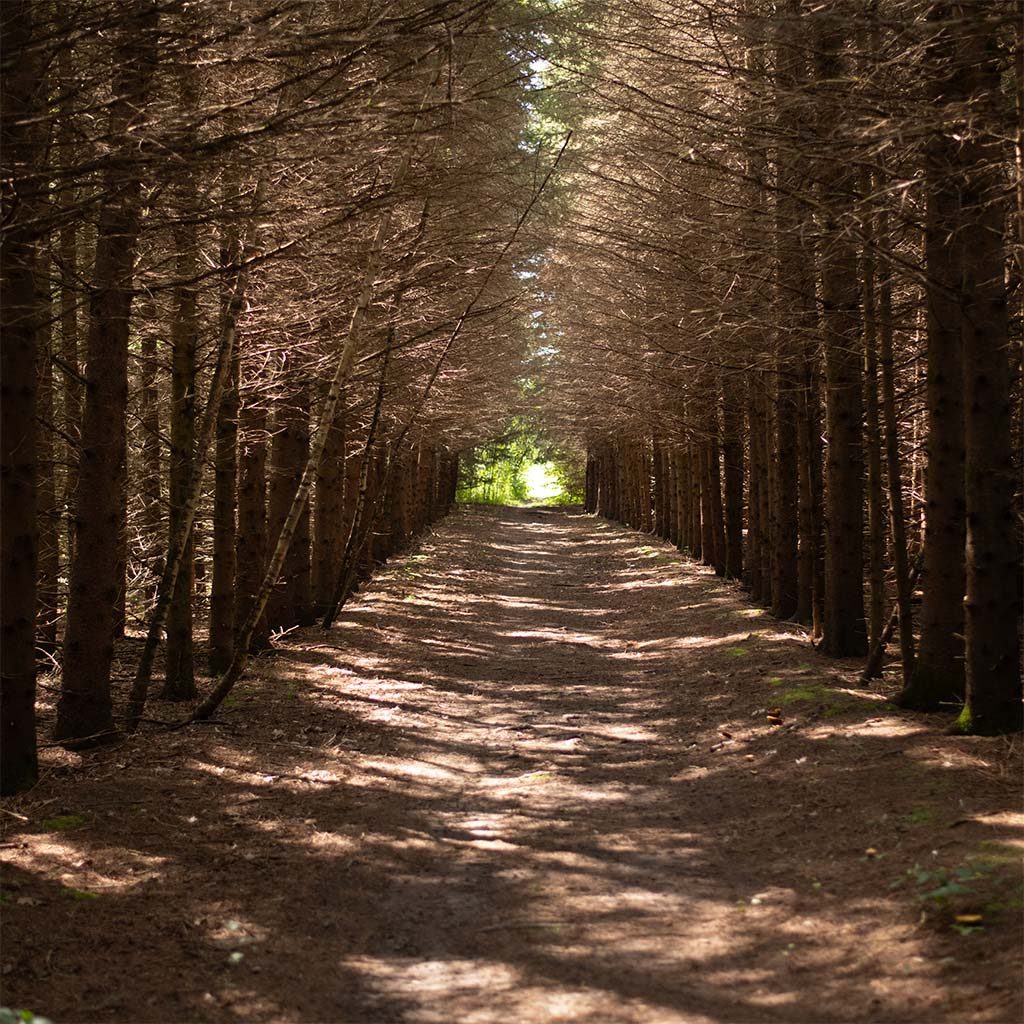

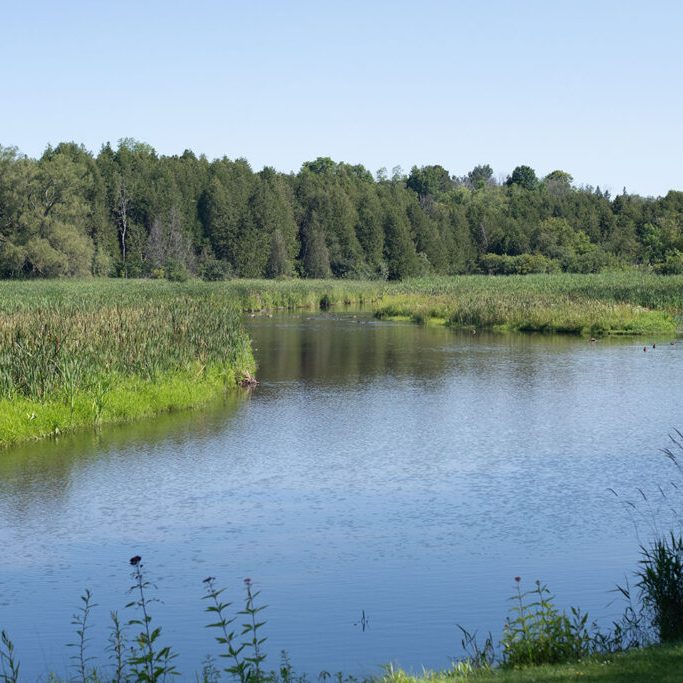
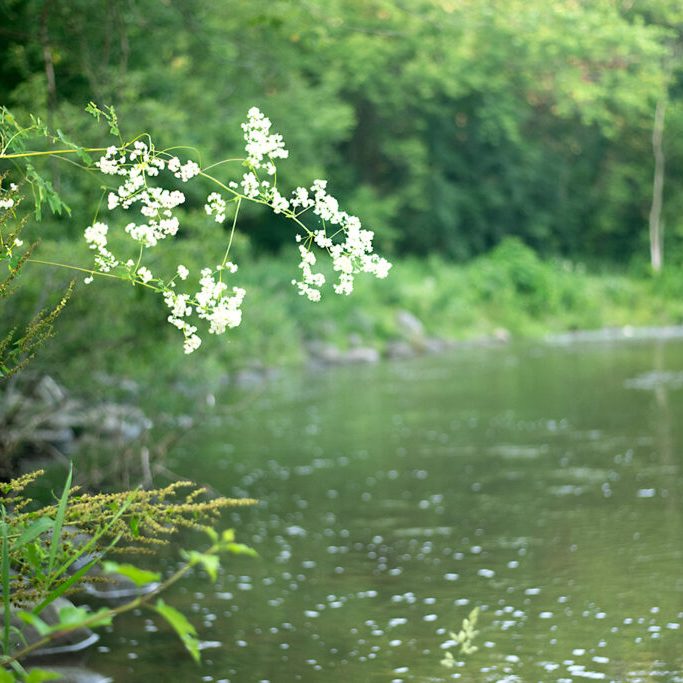
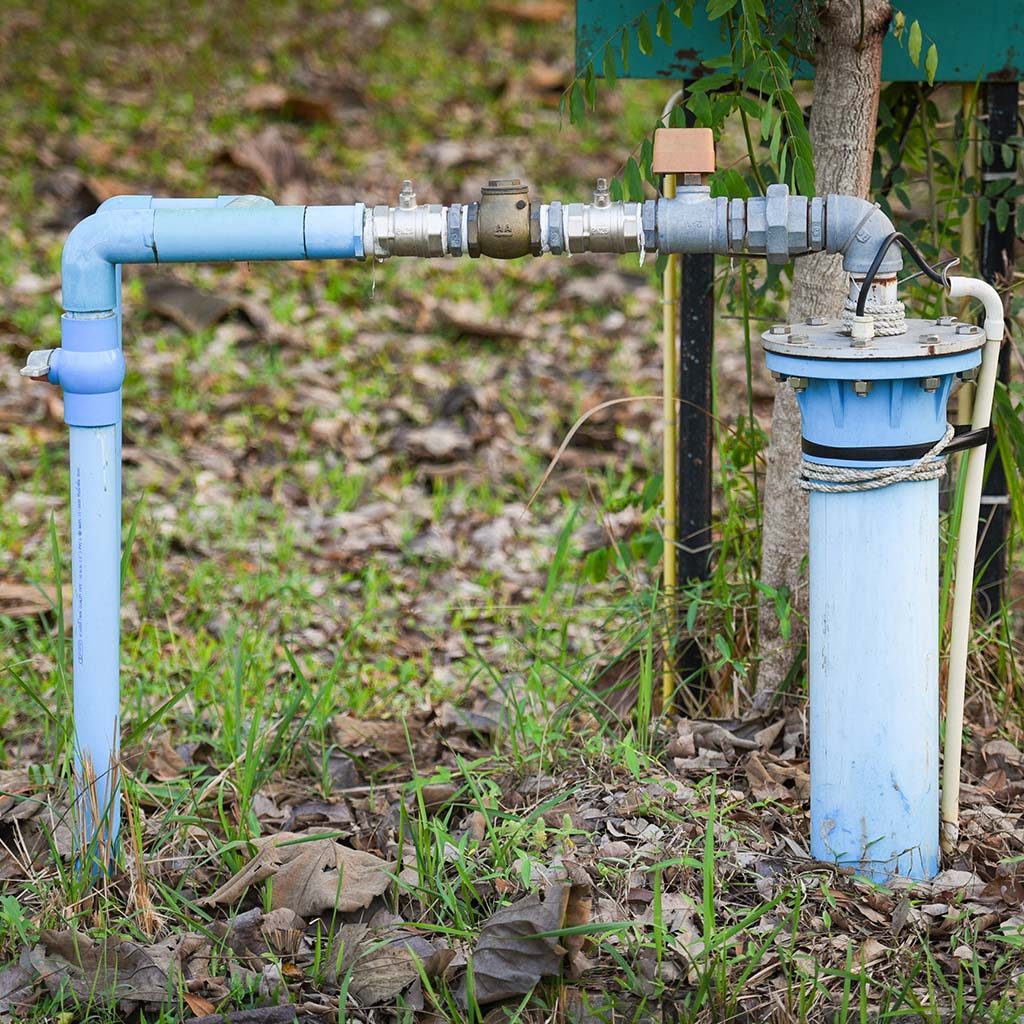
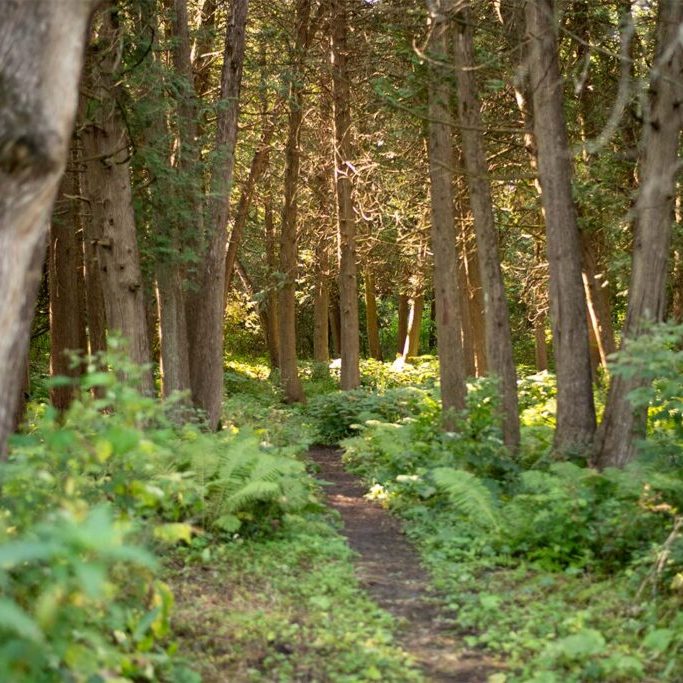
Town of Cobourg Water Conservation Garden
Built in partnership with the Ganaraska Region Conservation Authority, Lakefront Utility Services Inc., the Town of Cobourg and the community, the Town of Cobourg Water Conservation Garden showcases and demonstrates techniques, products and plant materials that help to conserve water. All aspects of the garden can be easily incorporated into residential, commercial, or public setting.
So why focus a garden on water conservation? Because water is one of our most precious resources, and often taken for granted. The Town of Cobourg relies on treated water from Lake Ontario for drinking. In order to protect this important source of water, we must consider our everyday actions and how those actions affect water quality and quantity.
